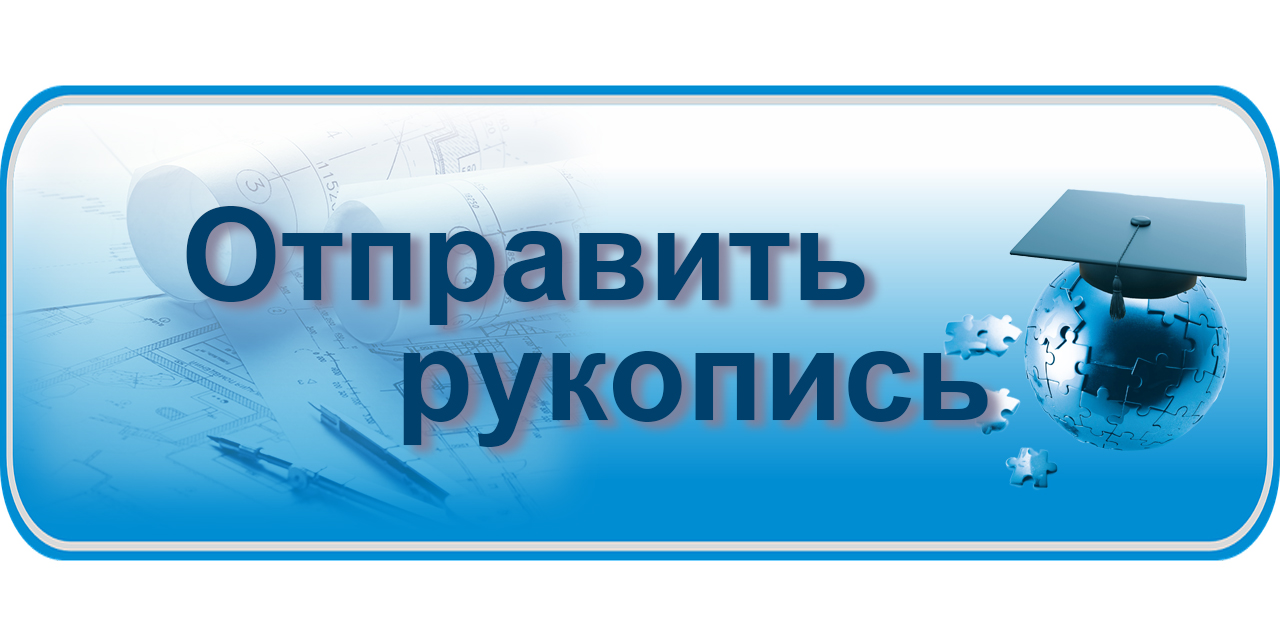УДК 378:37.01nbsp; DOI: 10.15507/1991-9468.081.019.201504.016
Исследование структуры профессиональной подготовки бакалавра по направлению «Педагогическое образование»
Саранцев Геннадий Иванович
(профессор кафедры математики и методики обучения математике
ФГБОУ ВПО «Мордовский государственный педагогический институт имени М. Е. Евсевьева» (Россия,
г. Саранск, ул. Студенческая, д. 11 а), доктор педагогических наук, профессор, член-корреспондент
РАО, ORCID: http://orcid.org/0000-0002-1571-5100, Этот адрес электронной почты защищён от спам-ботов. У вас должен быть включен JavaScript для просмотра.)
Федеральный государственный образовательный стандарт высшего профессионального образования по направлению «Педагогическое образование» выдвигает высокие требования к подготовке бакалавра. Анализ этих требований приводит к выводу о том, что в них, с одной стороны, явно просматривается необходимость фундаментализации подготовки бакалавра, а с другой – ее практическая направленность. Реализация этих требований предполагает смещение акцента в подготовке выпускника вуза по направлению «Педагогиче- ское образование» в сторону приобщения его к научной деятельности, формирования культуры системного анализа, умения адаптироваться к различным изменениям, прогнозировать развитие той или иной ситуации, а также применять современные технологии и даже разрабатывать их. Однако педагогическое сообщество обеспокоено практической подготовкой выпускника вуза по направлению «Педагогическое образование» и предлагает ряд мер по ее совершенствованию. Выполненные ранее исследования затрагивают либо аспект фундаментализации профессионального образования, либо аспект практической направленности. Такая рассогласованность сохраняется и в стандарте высшего профессионального образования бакалавра по направлению «Педагогическое образование». Решение проблемы совершенствования профессиональной подготовки бакалавра видится в гармонизации составляющих подготовки. Выполненные нами исследования убеждают в том, что средством гармонизации может выступать современное методическое мышление. Компетентностный состав методического мышления распространяется как на фундаментализацию профессио- нальной подготовки педагога, так и на ее практическую направленность. В нашем исследовании мышление рассматривается как процесс не только отражения, но и конструирования моделей, являющихся образами еще незаданных объектов и явлений реальности. Под методическим мышлением понимаем мышление, определяемое спецификой методической науки и адекватной ей деятельности.
Ключевые слова: профессиональное образование; бакалавр; фундаментализация профессионального образования; практическая направленность подготовки бакалавра; педагогическое образование; гар- монизация фундаментализации профессионального образования и его практической направленности;методическое мышление; компетенции.
Для цитирования: Саранцев, Г. И. Исследование структуры профессиональной подготовки бакалавра по направлению «Педагогическое образование» / Г. И. Саранцев // Интеграция образования. – 2015. – Т. 19, № 4. – С. 16–22. DOI: 10.15507/1991-9468.081.019.201504.016
Study of academic structure of training bachelor degree programme
in “Pedagogical education”
Sarantsev Gennadiy Ivanovich
(professor, Chair of Mathematics and methods of teaching mathematics, Evsevyev Mordovia State Pedagogical Institute (11 a, Studencheskaya Str., Saransk, Russia),
Dr.Sci. (Pedagogy), professor, Corresponding Member of RAS, ORCID: http://orcid.org/0000-0002-1571-5100, Этот адрес электронной почты защищён от спам-ботов. У вас должен быть включен JavaScript для просмотра.)
Federal State Educational Standard of Higher Education in “Pedagogical education” imposes strict requirements on the preparation of bachelor degree students. Analysis of these requirements leads to the conclusion that they, on the one hand, call for a obvious fundamentalisation in bachelor training, and on the other, that it has practical orientation. Implementation of these requirements involves a shift of emphasis in the training of graduates of higher school in “Pedagogical education” in the direction of encouraging their scientific activities, developing culture of system analysis, learning to adapt to various changes, to predict development of a situation, to apply modern technologies and even to elaborate them. However, the educational community is concerned with the issues of practical background of graduates in “Pedagogical education” and offers a number of measures for improvement. Earlier studies affect either the aspect of fundamental nature of professional education or the aspect of practical orientation. The authors of these studies offer ways to improve the aspects considered. This mismatch between the need for fundamental nature of professional education and practical orientation at the same time persists in the standard of higher education bachelor degree in “Pedagogical Education”. The article proposes harmonisation of components of the preparation as the way to deal with this problem. The research carried out by authors shows that modern methodological thinking can be the way to the harmonisation. Competence components of methodological thinking apply to both fundamentalisation of teacher training and its practical orientation. In the current study thinking process is considered not only as reflection, but also construction of the models representing the images of yet unspecified objects and phenomena of reality. Authors understand the concept of methodological thinking as the thinking determined by specificity of methodological science and activity adequate to it. Its attributes: methodological interpretation of knowledge from other scientific areas, objects and their properties; consideration of objects, their properties and relations in a system; integrated approach to use of dialectics and system analysis; tendency to development of special (objective) thinking; concretisation of the broad terms provisions to the level of guidelines. Modern methodological thinking is implemented in a number of core competencies recognising the activity and its results. Competence is an element of higher level analysis of education; knowledge, skills and practices arrange its lower level, they relate to a greater extent with the results of operations. Implementation of the activity concept of competence can assist in the task of combining of fundamentalisation and practical orientati on in “Pedagogical education”.
Keywords: higher education; bachelor; fundamentalisation of higher education; practical orientation of bachelor; teacher training; harmonization of fundamentalisation; practical orientation; methodological thinking competence
For citation: Sarantsev G. I. Study of academic structure of training bachelor degree programme in “Pedagogical education”. Integratsiya obrazovaniya = Integration of Education. 2015, vol. 19, no. 4, pp. 16–22. DOI: 10.15507/1991-9468.081.019.201504.016
Скачать статью в pdf (To download article).

Материалы журнала доступны по лицензии Creative Commons «Attribution» («Атрибуция») 4.0 Всемирная.









 Шаблон статьи
Шаблон статьи


















